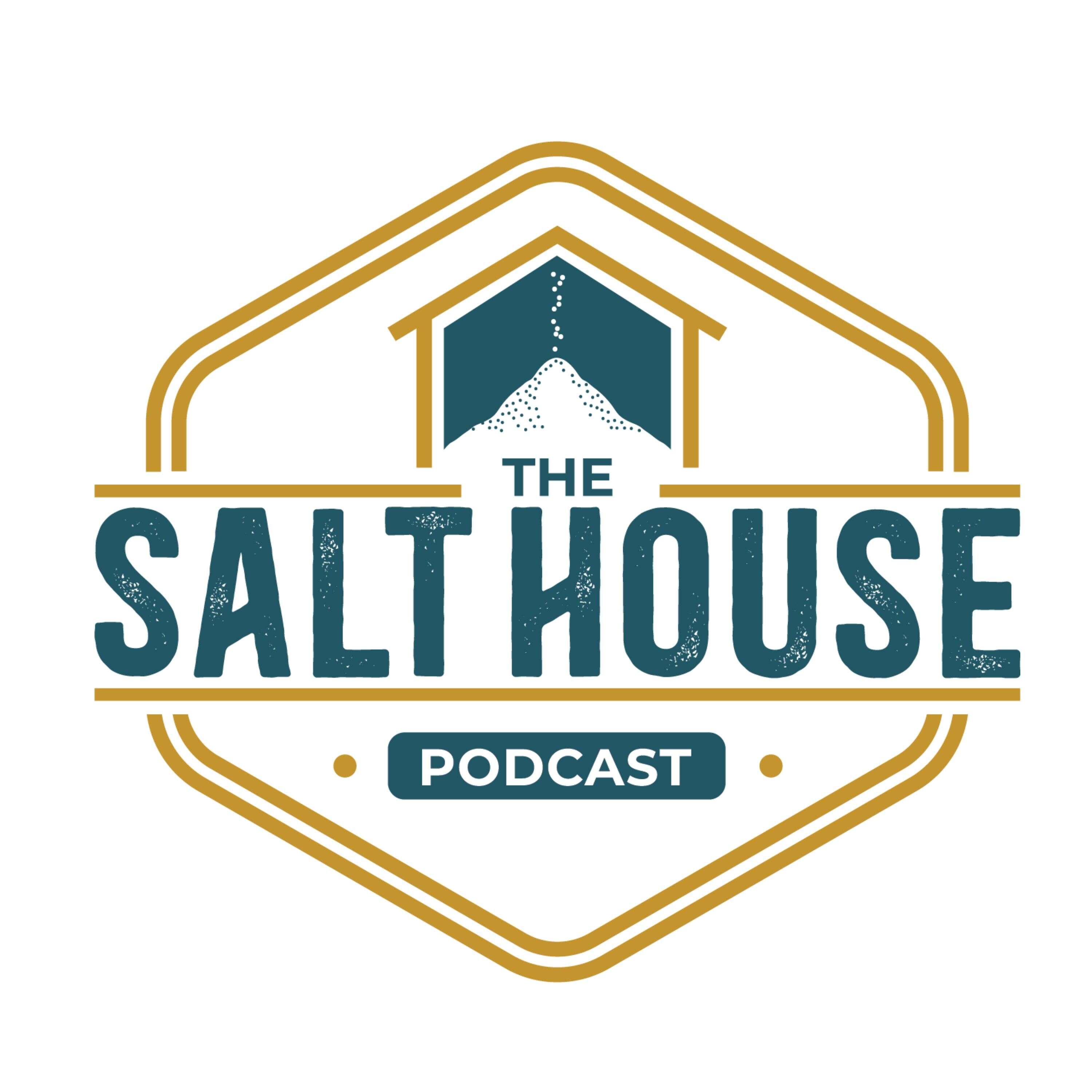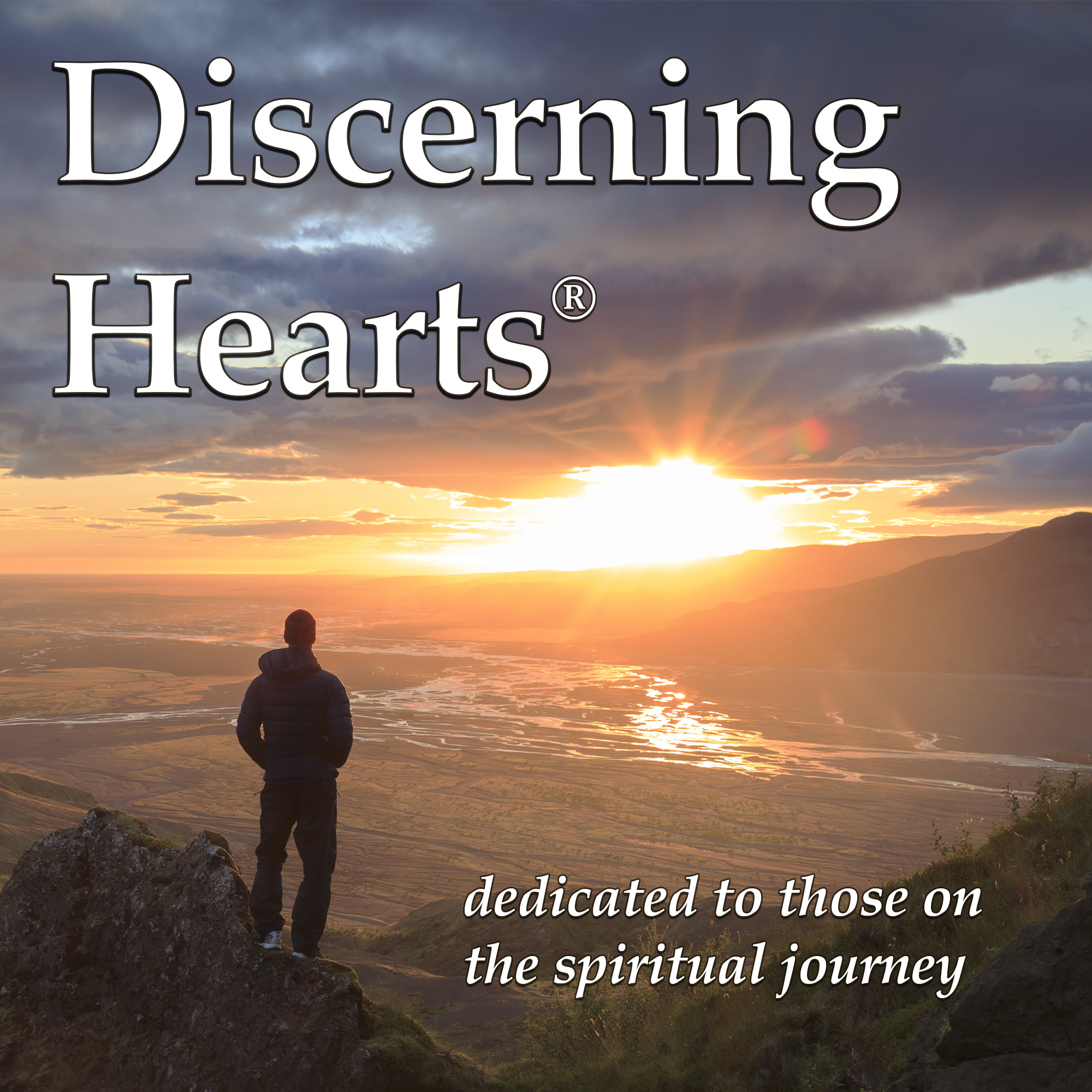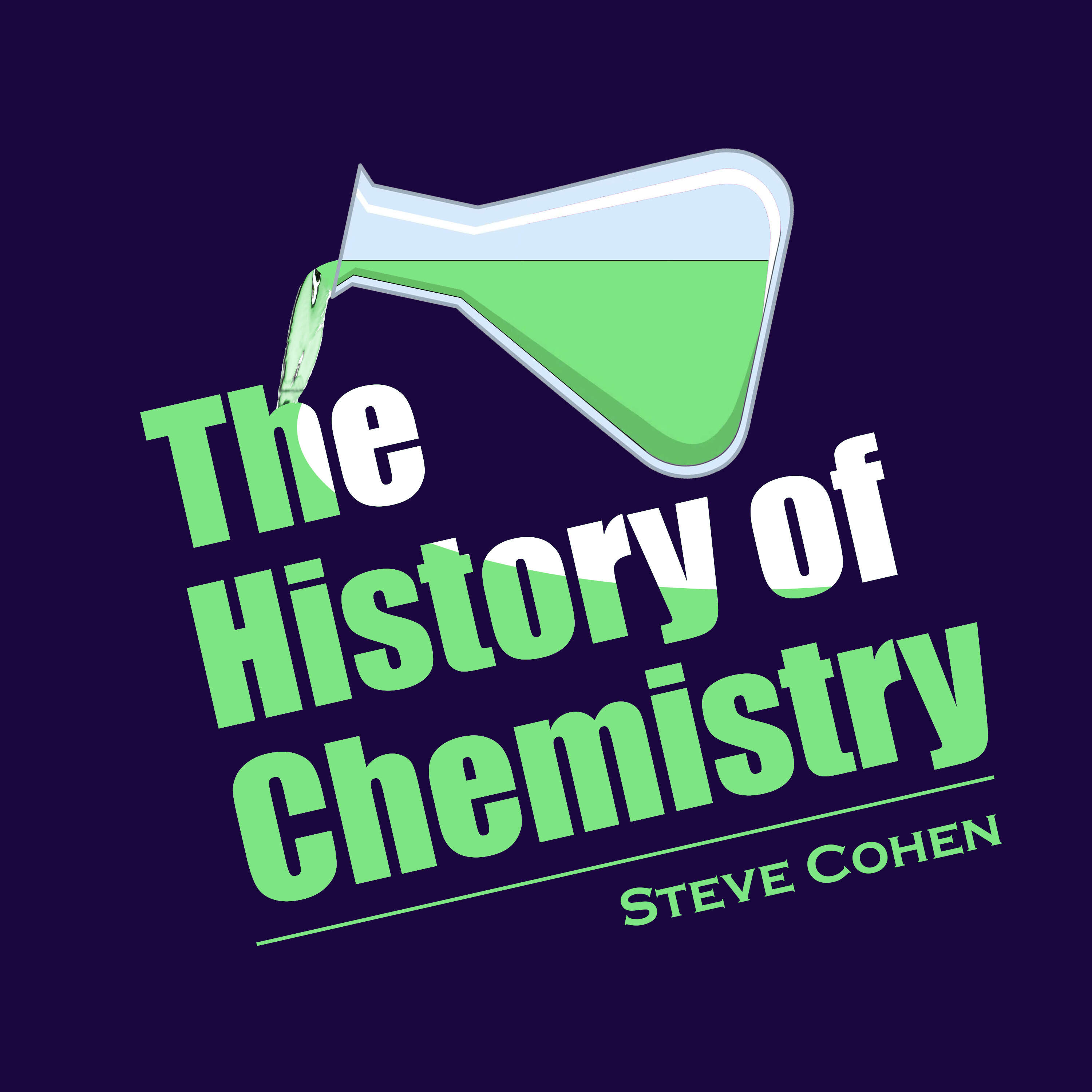- After-Shows
- Alternative
- Animals
- Animation
- Arts
- Astronomy
- Automotive
- Aviation
- Baseball
- Basketball
- Beauty
- Books
- Buddhism
- Business
- Careers
- Chemistry
- Christianity
- Climate
- Comedy
- Commentary
- Courses
- Crafts
- Cricket
- Cryptocurrency
- Culture
- Daily
- Design
- Documentary
- Drama
- Earth
- Education
- Entertainment
- Entrepreneurship
- Family
- Fantasy
- Fashion
- Fiction
- Film
- Fitness
- Food
- Football
- Games
- Garden
- Golf
- Government
- Health
- Hinduism
- History
- Hobbies
- Hockey
- Home
- How-To
- Improv
- Interviews
- Investing
- Islam
- Journals
- Judaism
- Kids
- Language
- Learning
- Leisure
- Life
- Management
- Manga
- Marketing
- Mathematics
- Medicine
- Mental
- Music
- Natural
- Nature
- News
- Non-Profit
- Nutrition
- Parenting
- Performing
- Personal
- Pets
- Philosophy
- Physics
- Places
- Politics
- Relationships
- Religion
- Reviews
- Role-Playing
- Rugby
- Running
- Science
- Self-Improvement
- Sexuality
- Soccer
- Social
- Society
- Spirituality
- Sports
- Stand-Up
- Stories
- Swimming
- TV
- Tabletop
- Technology
- Tennis
- Travel
- True Crime
- Episode-Games
- Visual
- Volleyball
- Weather
- Wilderness
- Wrestling
- Other
75: Mercy Mercy Me (The Ecology)
The 1970s brought more environmental concerns: Acid rain, as described by Gene Likens, Herbert Bormann, and Noye Johnson in the USA, and Svante Odén in Europe. Their combined effort brought forth international cooperation to protect agriculture, architecture, and culture. Sherwood Roland and Mario Molina discovered that chlorofluorocarbons, the magic chemicals for refrigeration since the 1920s, would destroy the ozone layer in the atmosphere. Then we mention lead paints, and their hazards. Finally we talk about the Love Canal disaster in New York State, which permanently tainted the chemical industry.Support the show Support my podcast at https://www.patreon.com/thehistoryofchemistry Tell me how your life relates to chemistry! E-mail me at steve@historyofchem.com Get my book, O Mg! How Chemistry Came to Be, from World Scientific Publishing, https://www.worldscientific.co....m/worldscibooks/10.1

















